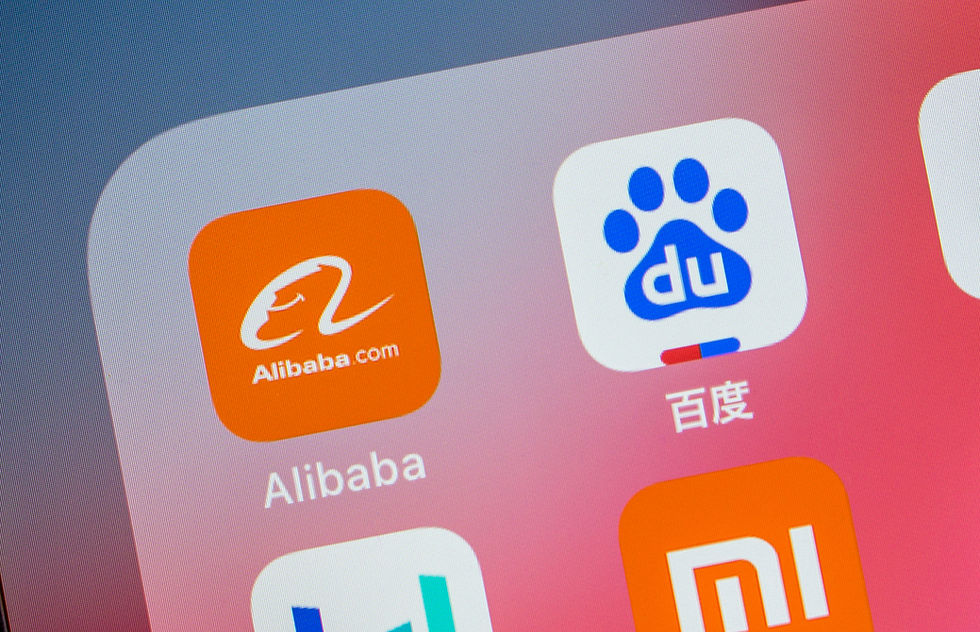Wake-Up Call for the US as Alibaba and Baidu Start Using Homegrown Chips for AI Training
- Marijan Hassan - Tech Journalist
- Sep 18, 2025
- 2 min read
Chinese tech giants Alibaba and Baidu have begun to use their own internally designed chips to train artificial intelligence models, a strategic pivot that signals a major step toward technological self-sufficiency and poses a direct threat to Nvidia’s dominance in the world's largest AI market.

Reports from sources familiar with the matter indicate that both companies are now using their homegrown processors to reduce their reliance on U.S.-made hardware. Alibaba is leveraging its "Zhenwu" processing unit for smaller, cloud-based AI workloads, while Baidu is experimenting with its latest "Kunlun P800" chip to train new versions of its flagship large language model, Ernie.
The move comes as a direct response to escalating U.S. export controls, which have progressively restricted China's access to Nvidia's most advanced AI chips, such as the H100. Faced with these sanctions, Chinese companies, with strong backing from Beijing, have accelerated their long-term push to develop a domestic semiconductor ecosystem.
While the adoption of homegrown chips is a major milestone, it is a partial shift for now. Neither Alibaba nor Baidu has fully abandoned Nvidia.
Both companies continue to rely on the American chipmaker's more powerful processors for their most cutting-edge models and larger-scale training runs, where a performance gap with domestic alternatives remains. However, the willingness to integrate Chinese-made chips into production environments for the first time marks a significant turning point.
For Nvidia, the development is a serious warning sign. China has long been its largest overseas market, and a successful transition by its biggest customers to domestic hardware could severely impact its revenue and market share, even if export restrictions are eventually eased.
The challenge is not just in raw performance but in the entire software ecosystem, where Nvidia's CUDA platform has been a long-standing industry standard.
The shift also highlights the growing technical prowess of China's semiconductor industry. According to some reports, Alibaba's Zhenwu chip is now performing on par with Nvidia's H20, a less-powerful chip specifically designed for the Chinese market to comply with U.S. regulations.
While Chinese chips still lag behind Nvidia's top-tier offerings, the closing performance gap demonstrates the success of China's strategy to foster homegrown innovation under geopolitical pressure.
The ultimate goal for China is to build a fully "independent and controllable" AI ecosystem, from the foundational hardware to the final applications. By investing billions in state subsidies and pushing national tech champions to "ditch and switch" to local alternatives, Beijing is re-engineering its technology supply chains to be more resilient to foreign sanctions.













